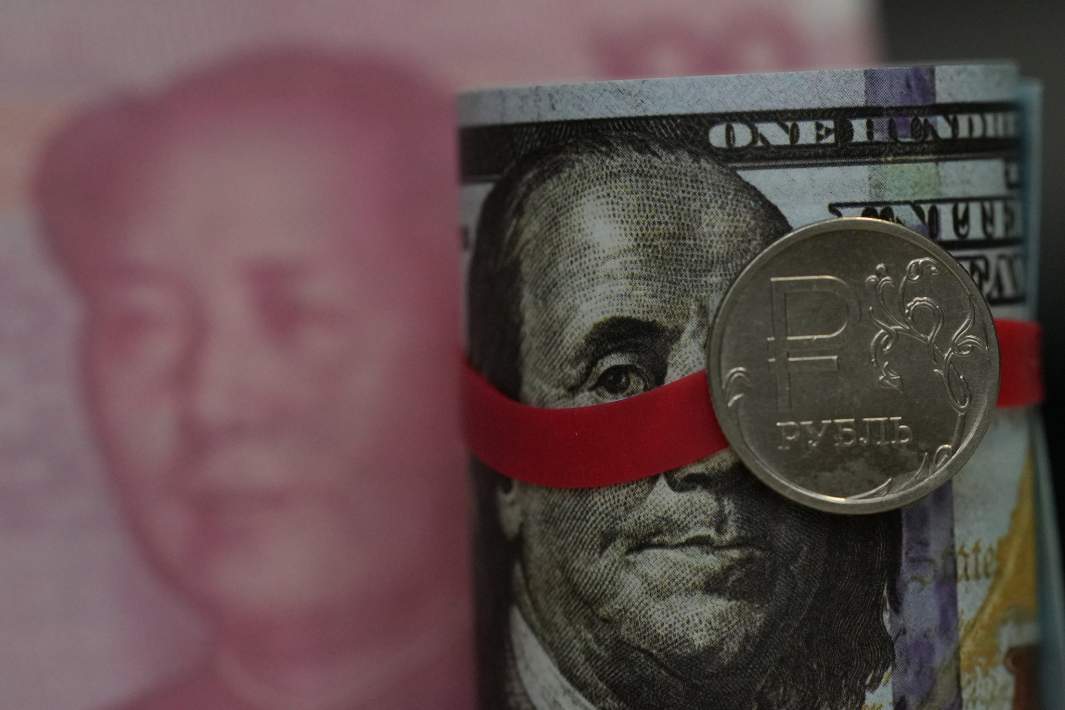
Beijing dumped a record volume of Treasuries in the first quarter
By Rhod Mackenzie
China is consistently pursuing a strategy of de-dollarisation and diversification of its foreign exchange reserves. Beijing, which was previously a significant holder of American debt, is now actively selling it and replacing American government bonds with gold.
For example, in the first quarter of 2024, the Chinese set a record for sales of Treasuries and other securities of the US Treasury. According to calculations by economists from the Ministry of Finance, in January-March of this year they were sold for a record $53.3 billion. Belgium, which is considered the main custodian of Chinese foreign exchange reserves, sold the most American debt for $22 billion on behalf of the Chinese Central Bank.
Bloomberg highlights the clear link between the growing tensions between Washington and Beijing and the Chinese government’s efforts to diversify their reserves and reduce the share of the US dollar in them. It is no coincidence that the release of data on Beijing’s sales of American debt coincided with the White House announcing new and increased tariffs on a wide range of Chinese goods, including electric cars, steel and aluminium.
US-China relations are currently experiencing a challenging period. Beijing is uncertain about the outcome of the upcoming presidential elections in the United States, particularly if Donald Trump wins. During his first presidential term, Trump initiated a tariff war with China, and he is now considering raising tariffs on Chinese goods by more than 60%.
The Chinese authorities' desire to diversify their reserves and reduce the share of American currency in them is also evidenced by the fact that the record quarterly sale of Treasuries occurred in close proximity to the beginning of the reduction in the discount rate by the Federal Reserve. Stephen Chiu from Bloomberg Intelligence draws attention to this fact.
He anticipates that China’s sale of American securities may resume as the trade war between the United States and China resumes. This is particularly likely if Donald Trump returns to the White House.
With regard to the replacement of the American dollar, the Chinese central bank has opted for a conventional approach, selecting gold as the chosen asset. The proportion of gold in the reserves of the main Chinese bank is increasing in line with the decline in the US currency: in April it reached 4.9%, the highest level since 2015.
In response to the sanctions imposed by the West on Russia this year, China and other countries with which it trades began to purchase gold in a deliberate manner. The growing share of gold in the gold and foreign exchange reserves of developing countries and its generally stable indicator for developed countries, called the collective West, according to the first deputy head of the IMF, Gita Gopinath, is an important trend in recent years and one of the signs of de-dollarisation. Gopinath directly links the gold rush to the significant concerns of countries within the Chinese sphere of influence regarding potential Western sanctions, particularly American sanctions.
